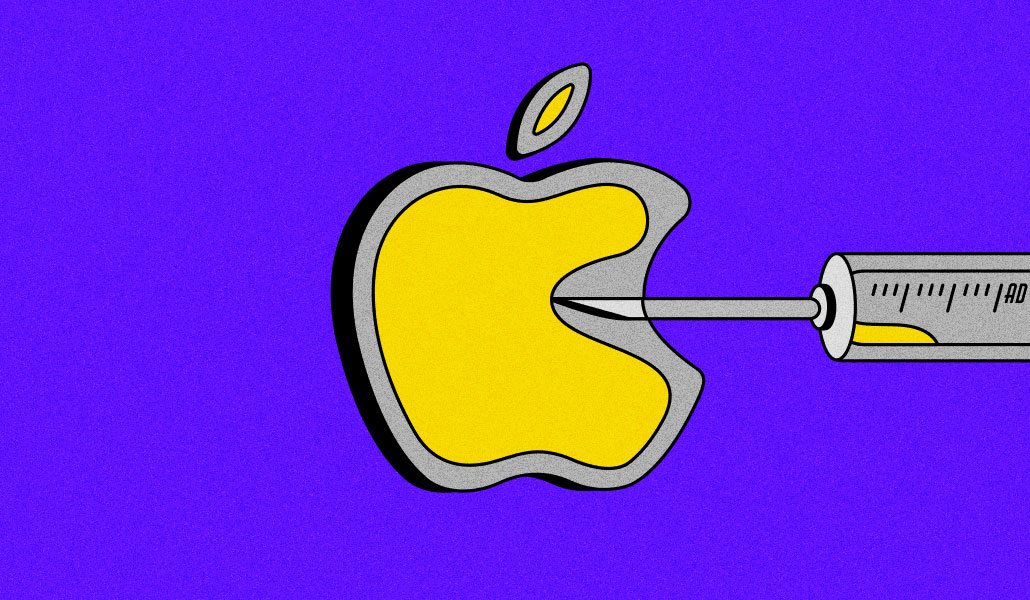THE FACT CHECKER
From the New Yorker’s iconic headline font to what certainly seem to be the real processes of the magazine’s operation, Kelley’s mostly charming debut is steeped in the lore of his former employer. As it opens, the unnamed narrator has received an assignment to fact-check a story known as “Mandeville/Green”—the name of the article’s author plus a one-word “slug” to indicate the topic, in this case the Union Square Greenmarket in Manhattan: “That’s Greenmarket, one word, capitalized. It’s a trade name used by the Council on the Environment of New York City, a nonprofit that founded the city’s farmers markets in 1976. That’s the kind of thing I check first.” Kelley gets often hilarious mileage out of this type of minutiae; in one memorable scene, the entire office falls silent to listen to a very senior member of the department fact-check a piece on 50 Cent. “‘F-u-c-k-a?’ we heard him say. ‘Is that correct? Motherfucka?’ He pronounced the end ‘aah’ like a child is supposed to when the doctor is looking down his throat.” Our hero gets in over his head while trying to verify a reference to “nefarious practices” at the farmer’s market, during which he meets an intriguing tomato grower named Sylvia, who becomes an obscure object of desire in and of herself. Most of this novel is wonderful, but there are a few serious caveats. One, there’s an early giveaway of the outcome of one of the narrator’s central quests, which dilutes its interest for the reader. Two, there is a disgusting and totally uncalled-for scene of gore, sure to turn off readers of the vegetarian persuasion. Somehow, after that nightmarish interlude, nothing seems as funny, and the close is a bit of a fizzle.


From the New Yorker’s iconic headline font to what certainly seem to be the real processes of the magazine’s operation, Kelley’s mostly charming debut is steeped in the lore of his former employer. As it opens, the unnamed narrator has received an assignment to fact-check a story known as “Mandeville/Green”—the name of the article’s author plus a one-word “slug” to indicate the topic, in this case the Union Square Greenmarket in Manhattan: “That’s Greenmarket, one word, capitalized. It’s a trade name used by the Council on the Environment of New York City, a nonprofit that founded the city’s farmers markets in 1976. That’s the kind of thing I check first.” Kelley gets often hilarious mileage out of this type of minutiae; in one memorable scene, the entire office falls silent to listen to a very senior member of the department fact-check a piece on 50 Cent. “‘F-u-c-k-a?’ we heard him say. ‘Is that correct? Motherfucka?’ He pronounced the end ‘aah’ like a child is supposed to when the doctor is looking down his throat.” Our hero gets in over his head while trying to verify a reference to “nefarious practices” at the farmer’s market, during which he meets an intriguing tomato grower named Sylvia, who becomes an obscure object of desire in and of herself. Most of this novel is wonderful, but there are a few serious caveats. One, there’s an early giveaway of the outcome of one of the narrator’s central quests, which dilutes its interest for the reader. Two, there is a disgusting and totally uncalled-for scene of gore, sure to turn off readers of the vegetarian persuasion. Somehow, after that nightmarish interlude, nothing seems as funny, and the close is a bit of a fizzle.
















































![How Marketers Are Using AI for Writing [Survey]](https://www.growandconvert.com/wp-content/uploads/2025/03/ai-for-writing-1024x682.jpg)
















































![31 Top Social Media Platforms in 2025 [+ Marketing Tips]](https://static.semrush.com/blog/uploads/media/0b/40/0b40fe7015c46ea017490203e239364a/most-popular-social-media-platforms.svg)





















![Gated Content: What Marketers Need to Know [+ Examples]](https://www.hubspot.com/hubfs/UNGated%20Content.png)



















